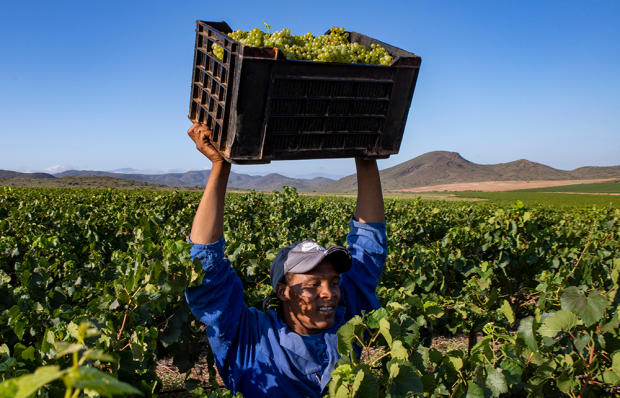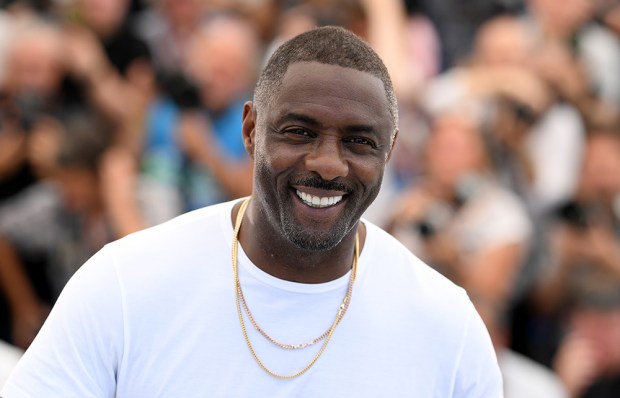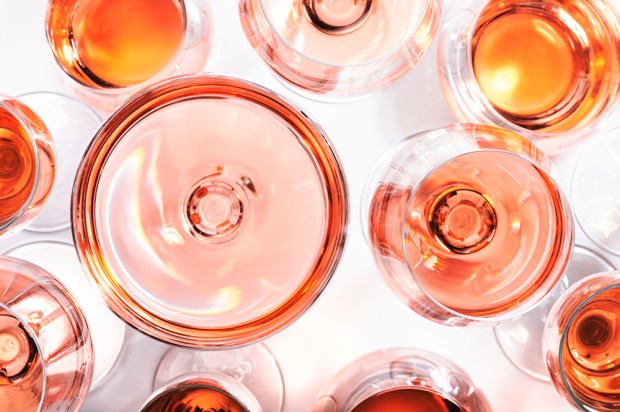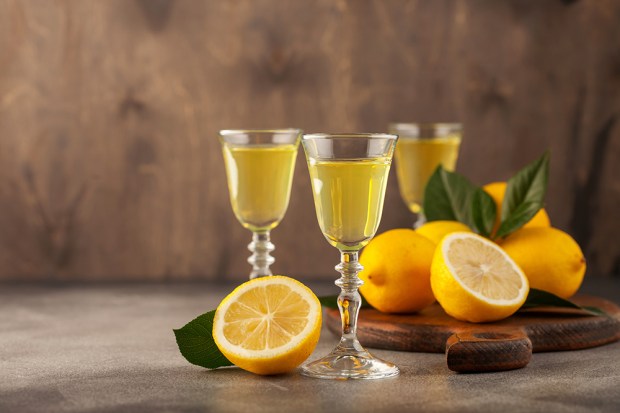When she graduated from university in Australia, Sarah Crowe decided to travel. So she sold her car, raised whatever other funds she could, and bought a one-way ticket to Istanbul. Anxious relatives’ doubts were brushed aside: rightly so. This was a brave and resourceful girl.
As she made her way across the continent, Sarah’s embrace of European culture quickly extended to wine. Arriving in Burgundy, she used her personality, determination and zest for hard work to find employment and build up experience. Back in Australia, she had no difficulty in persuading a winery to hire her.
Her qualities quickly shone through. No one at the vineyard put in longer hours. She did everything and learned about everything. It was also apparent that she had an outstanding palate and was a natural leader. To her, wine was not a job. It was a vocation. She found it easy to persuade her team to share her enthusiasm.
So when one of the biggest challenges in Australian winemaking fell vacant, she was chosen. Although some of her rivals were more experienced, she won on inspiration.
The vineyards at Yarra Yering, north of Melbourne, were created by Dr Bailey Carrodus, a rich man, absolutely dedicated to the art and craft of winemaking. Someone once suggested to him that he was a perfectionist. ‘I suppose so,’ he replied, ‘until they invent something better.’ He believed that with time and effort, Australian wines could be as good as the best.
For him, the best meant France: chardonnay, cabernet sauvignon and pinot noir, plus some shiraz and malbec. Yarra Yering has one immense advantage. It is in a cool valley. So the vignerons do not have the same problem as some of their Californian confrères: an unrelenting sun inciting the fruit to overwhelm the tannins and swamp subtlety in alcohol. Dr Carrodus realised that the climate would help him to take on the French.
He had died before Sarah arrived: an abiding regret. She says she would have loved to consult him, to answer his quizzical questions; above all, to win his approval. But his ethos survives. She is a superb disciple.
The best wine merchants of my acquaintance take such pleasure in selling good wine to appreciative customers that the whole affair becomes a rite, far above the vulgarities of commerce. One of them is Mark Bedford of Caviste, who has visited Sarah in Yarra Yering and promotes her wines in England.
The other evening, I had the pleasure of meeting her and drinking some bottles at the Hawksmoor Guildhall, a City restaurant that knows how beef should be served: saignant and well-hung.
That was the right match for Sarah’s red wines, though we did start with a chardonnay. Young — 2016 — it underwent several evolutions in the glass without ever attaining full Burgundian status. It lacked butter. But there was plenty of structure. This is a wine that will keep and I suspect that future vintages will add to its stature.
The red wines are there already. A pinot noir 2015 was classically Burgundian. The shiraz 2012 and a shiraz blend: both were pure Rhône. These wines were all young and already accessible. But when it comes to balance, they have perfect pitch. So they will keep. That is also true of the principal cabernet, a dry red 2010: a really well-made wine. For a range of reasons, I would like to try it in 20 years.
There was also a fine cabernet/malbec blend, an Agincourt 2012. Agincourt? Other parts of the vineyard are christened Crécy, Blenheim and Waterloo. Rivalling French techniques and twisting French tails: Dr Carrodus was a truly splendid fellow.
Got something to add? Join the discussion and comment below.
Get 10 issues for just $10
Subscribe to The Spectator Australia today for the next 10 magazine issues, plus full online access, for just $10.














Comments
Don't miss out
Join the conversation with other Spectator Australia readers. Subscribe to leave a comment.
SUBSCRIBEAlready a subscriber? Log in